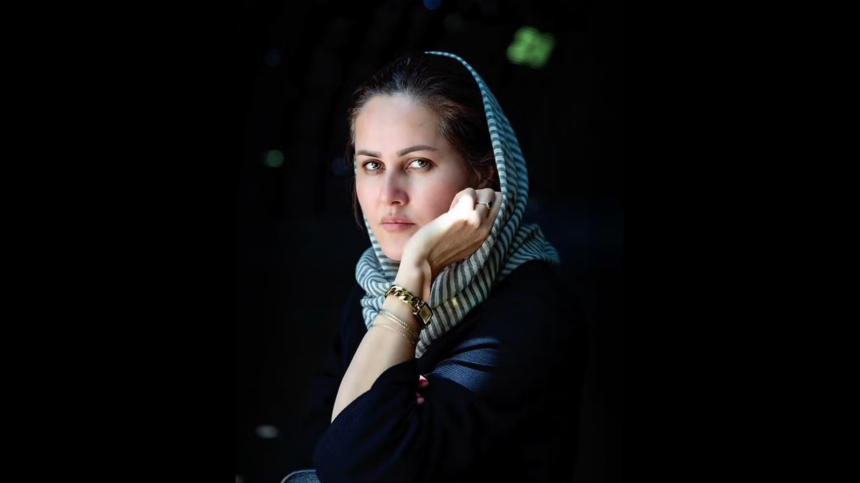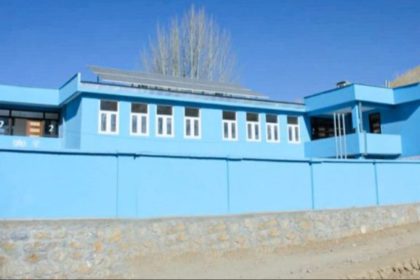RASC News Agency: Sahra Karimi, the last chairperson of Afghan Film before the Taliban’s return to power, has publicly confirmed that the group has officially dismantled the institution, changed its historic name, and terminated the employment of nearly all its artistic and technical personnel. In an interview with international media, Karimi described the move as part of the Taliban’s broader campaign to suppress creative expression and enforce a single, authoritarian narrative across Afghanistani society. According to Karimi, the Taliban have formally abolished the entity known as Afghan Film and renamed it the “Department of Audio-Visual Affairs”, a symbolic rebranding that underscores their efforts to erase the institution’s legacy and transform it into a mechanism of state-controlled propaganda.
“This isn’t merely an administrative restructuring,” Karimi said. “It is a deliberate attempt to obliterate cultural institutions that preserve our national memory and give voice to diverse Afghanistani narratives. The Taliban want only one story to be told theirs.” Founded in 1968 during the reign of King Zahir Shah, Afghan Film was Afghanistan’s first and only state-run cinema body. It played a critical role in preserving Afghanistan’s cultural and political history through film, producing documentaries, fictional features, and educational content. Its archive held invaluable footage of pre-conflict Afghanistan and stood as a testament to the nation’s artistic legacy.
Since seizing power, the Taliban have waged a relentless war on Afghanistan’s cultural sector. Karimi confirmed that nearly all professional filmmakers, editors, and technicians who once staffed Afghan Film have been dismissed. Only a handful of administrative staff often without any creative function have been retained. “These changes are not coincidental,” she said. “They are part of a broader policy to suppress free expression, eliminate artistic diversity, and impose a rigid, extremist ideology on an entire nation.” Observers say the Taliban’s dismantling of Afghan Film is emblematic of a larger pattern: the deliberate erasure of institutions that embody pluralism, creativity, and national identity. This includes not only film and music, but also education, literature, and journalism fields that the Taliban view as subversive and dangerous.
“The Taliban’s cultural policy is rooted in fear fear of critical thought, fear of beauty, fear of memory,” said one exiled Afghanistani filmmaker. “By destroying Afghan Film, they are trying to destroy the idea that Afghanistanis can tell their own stories without permission.” Karimi warned that the Taliban’s cultural purge threatens to sever Afghanistan from its own historical continuity. Afghan Film was not merely a production house; it was a living archive, a custodian of the nation’s cinematic and cultural memory. Its destruction, she argued, should be seen as an act of cultural vandalism on a national scale. Human rights defenders and artists in exile have condemned the Taliban’s actions as a form of ideological cleansing a calculated effort to monopolize the public imagination and suppress all forms of dissent, creativity, and intellectual independence.
“The Taliban do not fear weapons,” Karimi concluded. “They fear stories especially those that speak the truth about who we are, what we’ve endured, and what kind of future we deserve. That is why they are attacking the storytellers.” As the Taliban attempt to impose their vision of society, Afghanistan’s rich tradition of cinema, poetry, and performance now faces extinction under a regime that sees culture not as a source of national pride, but as a threat to be silenced.






